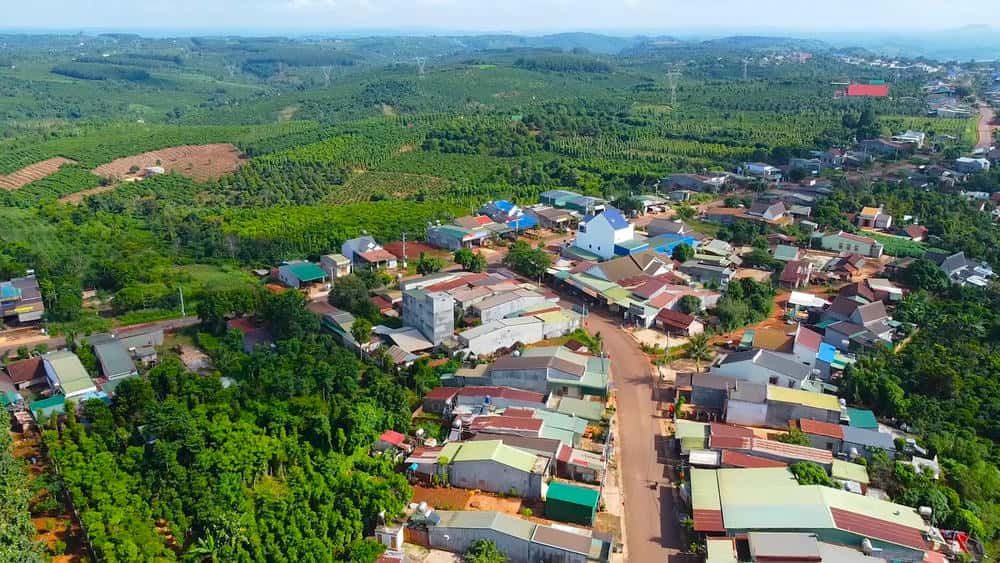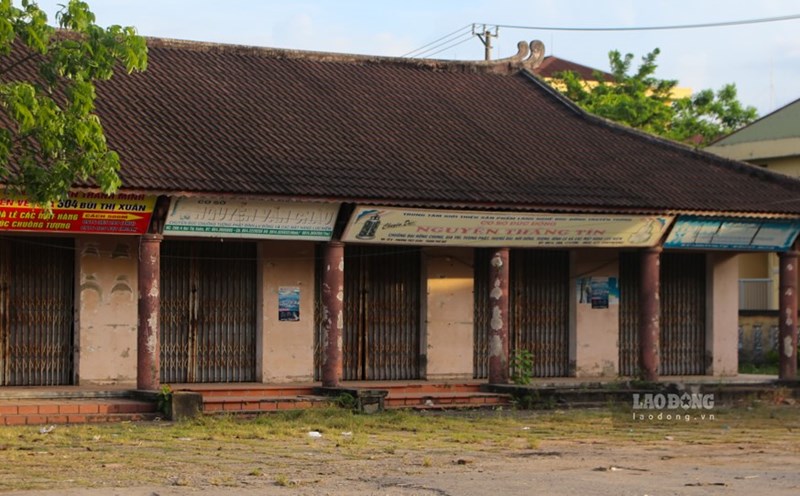Vocational training opens the way for the future
In the period of 2021 - 2025, Krong No district implemented the National Target Program on Sustainable Poverty Reduction and achieved many important results, people's lives have had positive changes.
Implementing Sub-project 1, Project 4 on the development of vocational education and sustainable employment, the District Vocational Education - Continuing Education Center has provided vocational training for hundreds of workers in rural and disadvantaged areas.

Ms. Vi Thi Giang (born in 1985, residing in Thanh Xuan village, Nam Xuan commune) said: "Growing up in the village, I could only be friends with growing corn and potatoes to make a living. Thanks to learning how to cook, I have more cooking skills, making delicious dishes for restaurants and wedding parties".
In addition to the farming season, Ms. Vi Thi Giang takes advantage of the time to wrap up her tops and go to town to participate in cooking for restaurants and eateries, earn extra income to support her children's education, and buy books to go to school.

Similarly, Ms. Lieu Thi Huong (born in 1989, residing in Thanh Xuan village, Nam Xuan commune) shared: I have loved to learn cooking since I was a child.
However, in rural areas, there are no basic teachers. When the center opened the class, I registered to study. Teachers enthusiastically guide how to prepare and choose clean food.
With cooking skills and experience, she first served her small family. Later, if I have capital, I plan to open a restaurant in the commune to cover my income and stabilize my life with genuine labor money."

Diversifying training majors
According to Mr. Nguyen Quang Dung - Director of the Center for Vocational Education - Continuing Education of Krong No district, the district is mainly populated by ethnic minorities such as E De, Ma, Mo Nong, Thai, Tay, Nung... living there.

People are familiar with outdated farming practices, so the center has planned to organize diverse and rich vocational classes to meet practical needs.
Vocational classes such as mechanics, electricity, cooking, garment, agricultural engineering, animal husbandry, rubber latex dredging, coffee growing, agricultural machinery repair... have attracted hundreds of workers, especially young workers to participate.

In vocational training, teachers are always proactive, enthusiastic, passionate and responsible for their students. The purpose is to improve knowledge, awareness and work skills for ethnic minority workers. After each lesson, students can contact via social networks or phone to receive more experiences from teachers, Mr. Dung shared.

Most female workers in remote areas are passionate about sewing and cooking due to actual needs; they only need to study for 3 months to be able to apply immediately.
Meanwhile, male workers mainly learn electrical skills, repair tractors, and farming to serve the production of rice, coffee, and pepper crops in the district.











